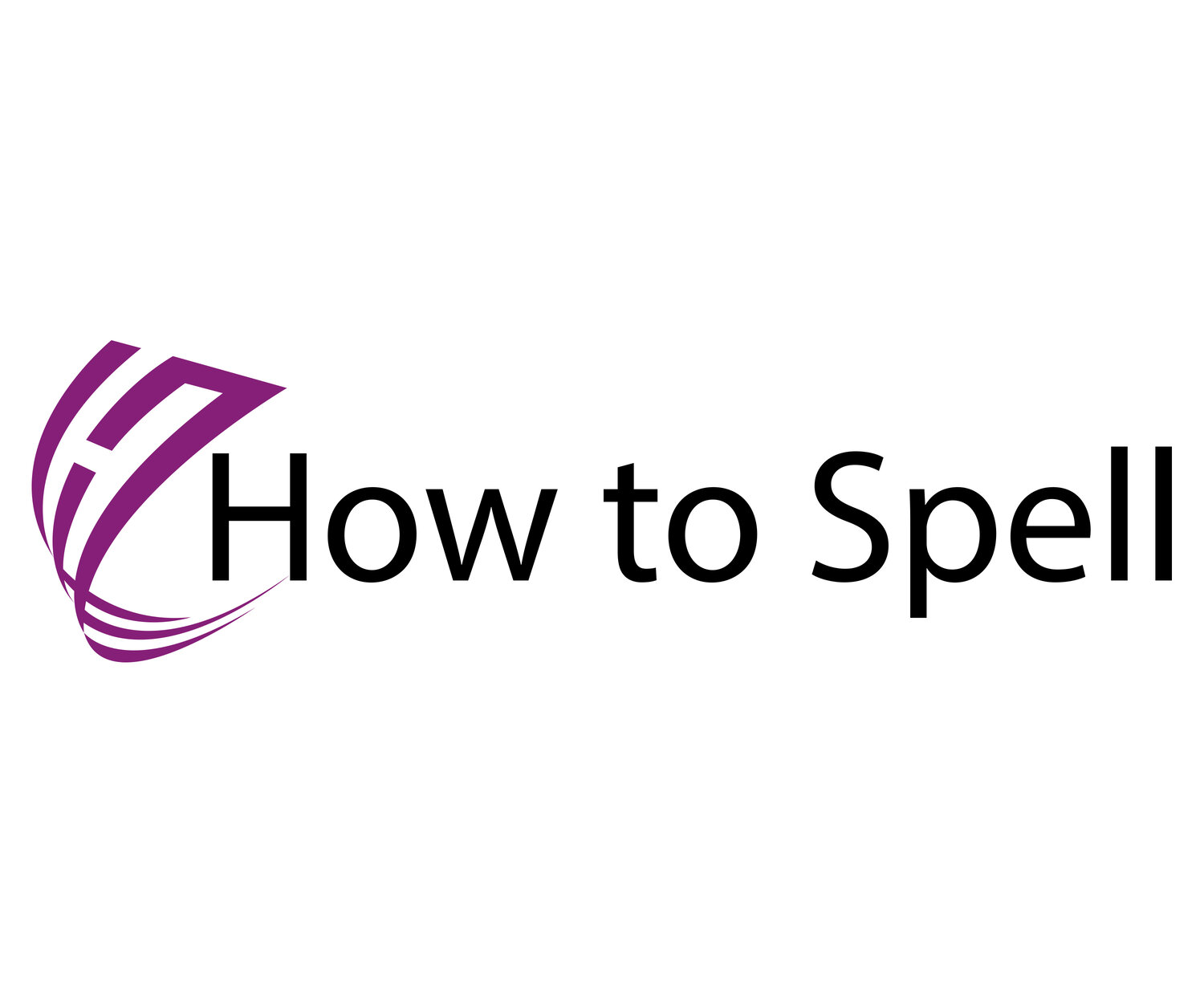1:1:1 doubling up rule
put — putting, big — bigger, stop — stopped, fat — fatten, run – running, thin — thinner, sit — sitting, get — getting, stop — stopping, hot — hotter, swim — swimming, forget — forgetting, begin — beginning
Do you know why we double up the end consonant?
Do you know why we double up the end consonant?
Before I explain let's look at some spelling language we need for this rule:
Do you know what vowels, consonants, suffixes , syllables are?
vowels: a. e. i. o. u (y is sometimes classed as a vowel)
consonants: b, c, d, f, g, k, l, m, n, p, r, s, t, w, y, z
suffixes are little words added to the end of a word: vowel suffixes = -ing, -ed, -er, able, -ible; consonant suffixes = -s, -ment, -tion, -sion, -ly
syllable stress In the syllables lesson, we saw that words can be broken down into little spoken chunks and these can be stressed or unstressed: forGET, preFER, PREFerence (This is important to know for the doubling up rule for longer words)
Let's look at those words again:
put - putting, big-bigger, stop-stopped, fat- fatten, run - running, thin - thinner, sit - sitting, get - getting, stop-stopping, hot-hotter, swim - swimming...
Do you know why we double up the last consonant?
Say these words to yourself: fat, get, sit stop, put
1: Notice they all have 1 syllable: fat, get, sit stop, put
1: Notice they all have 1 consonant at the end of the word: fat, get, sit, stop, put
1: Notice they all have 1 vowel next to the consonant: fat, get, swim, stop, sun
With the 1:1:1 rule, we usually double the end consonant when we add the following vowel suffixes (-ing,-ed,-er, -est, -en, -ish, -ery, -y)
put — putting; get — getting; swim — swimming, swimmer; stop — stopped, stopping, stopper; sun — sunned, sunning, sunny > sunnier, sunniest; big — bigger, biggest; fat — fatten, fatty > fattier, fattiest; run – running, thin — thinner, thinnest; sit — sitting, hot — hotter, hottest; shop — shopper, shopped, shopping.
So words of one syllable ending in one vowel next to one end consonant (1:1:1), we double the last letter with a vowel suffix.
We don't double up the final consonant when it's w, x or y
quiz — quizzed, quizzer, quizzing (English words always have -u- after q = qu, so ‘u’ isn’t classed as a vowel.)
1:1:1 doubling up rule for longer words
We also double up some words that are more than one syllable when the last syllable is stressed: forget — forgetting, begin — beginning
prefer ("preFER") preferring/preferred (but not preference)
begin ("beGIN") beginning, beginner
regret ("reGRET") regrettable, regretting
occur ("ocCUR") occurred, occurring, occurrence
forbid: forbidden
commit: committed
refer: referred (but not reference, referee stress is on the first syllable (REFerence)
Remember there are always exceptions to English spelling rules!!!
Focus can be spelled with either a single or a double s: focused/focussed, focusing/focussing
A lot of spellers don't know this rule but just see what looks right- "we always say that looks strange". But it's always good to know why spelling is the way it is and the rules.
Which of these are right? Use your visual memory for what looks right or the rule.
1. shoper or shopper?
2. foxes or foxxes?
3. beginner or beginer?
4. fatest or fattest?
5. sleeping or sleepping?
6. forgettable or forgetable?
7. quicker or quickker?
8. planning or planing?
9. budgetting or budgeting?
10. quizzed or quized?
Answers
1. shop — shopper
2. fox — foxes (add -es to x rule)
3. begin — beginner
4. fat — fattest
5. sleeping — sleeping (2 vowels before final consonant so 'p' not doubled)
6. forget — forgettable
7. quick — quicker (2 consonants at end so 'k' not doubled.)
8. plan — planning
9. budget — budgeting (stress is on the bud so 't' not doubled)
10. quiz — quizzed
How did you do?
Remember spelling only improves if you practise ( you practice - American)
Spelling Test
Pen and paper at the ready.
1. Press the player. 2. Write what you hear. Don’t worry about mistakes - enjoy and learn. 3. Check your spellings carefully letter by letter. Answers below.
4. Assess your mistakes and ask yourself what strategies you can use to help you remember the words.
Practice makes progress makes perfect
Answers - check your spelling letter by letter, check capital letters, full stops and apostrophes
1. I'm going food shopping on Wednesday.
2. I hope this summer is hotter than last summer and not wetter.
3. She needs a reference and is hoping I'll give her one.
4. The film last night was totally forgettable.
5. He loves running in the evenings.
6. It's forbidden to smoke indoors.
7. My sister is slimmer but shorter than me.
8. They stopped going swimming when the price went up.
Click here to go to the Double L Rule lesson
Click here to go to the y to i Rule lesson
Check out my Spelling Rules Workbook



